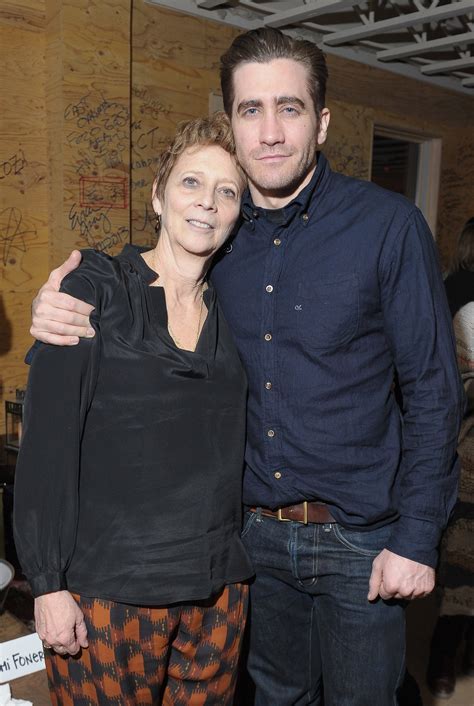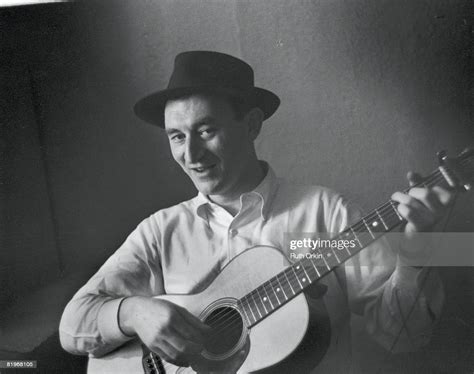A Quote by Marge Piercy
I did not always know I would be a writer. Until I had a room of my own, I did not write much at all - no more than any other child who read a lot of books. I began to write fiction and poetry when I first had a room that was truly my own with a door that shut and some measure, however fragile, of privacy.
Related Quotes
My books have done extremely well, I know. But I don't honestly feel much different from when I began to write. I still think we have a long way to go. I suppose my name means more in Nigeria today than it did five years ago. But I feel the job that literature should do in our community has not even started. It's not yet part of the life of the nation. We are still at the beginning. It's a big beginning, because now we are catching the next generation in the schools. When I was their age, I had nothing to read that had any relevance to my own environment.
When I did 'Racing Demon' by David Hare, I worked with Paul Giamatti, who had stacks of books in his dressing room. I was offstage a lot, so I would go read in his room. He was reading a four-part series on the Byzantine Empire by Alexander A. Vasiliev. I read two of those during the run of the play.
With "Margaret," I remember clearly it was, you know because I did remember it clearly. I was young. I was young in terms of experience and what did I know about and I had an incredible memory from my own childhood. And so it never occurred to me to write for any other age group. And I thought I'm going to write a book and I'm going to tell the truth.
No one can teach writing, but classes may stimulate the urge to write. If you are born a writer, you will inevitably and helplessly write. A born writer has self-knowledge. Read, read, read. And if you are a fiction writer, don't confine yourself to reading fiction. Every writer is first a wide reader.
No one can teach writing, but classes may stimulate the urge to write. If you are born a writer, you will inevitably and helplessly write. A born writer has self-knowledge. Read, read, read. And if you are a fiction writer, dont confine yourself to reading fiction. Every writer is first a wide reader.
Jem’s eyes had widened, and then he’d laughed, a soft laugh. “Did you think I did not know you had a secret?” he’d said. “Did you think I walked into my friendship with you with my eyes shut? I did not know the nature of the burden you carried. But I knew there was a burden.” He’d stood up. “I knew you thought yourself poison to all those around you,” he’d added. “I knew you thought there to be some corruptive force about you that would break me. I meant to show you that I would not break, that love was not so fragile. Did I do that?
For many years I wanted to be a rock star but of course that didn't work out. I did however write on napkins and pieces of paper sentences and occurrences. I decided maybe I should write a book because I had been writing so much. I'm actually writing a book based on The Room that will hopefully be published soon.
It's very hard to be a screenwriter. I remember getting a couple of awards. I got a PEN West award a million years ago when I did Running on Empty, and I sat in the room with all these writers. They wrote everything from novels to non-fiction to children's books to journalism - any kind of writing - and I realized that there was no one in the room who would ever read anything I'd written.
I would stay away from him and leave him to go his own road where there would be other women, countless other women, who would probably give him as much physical pleasure as he had had with me. I wouldn’t care, or at least I told myself that I wouldn’t care, because none of them would ever own him—own any larger piece of him than I now did.





































